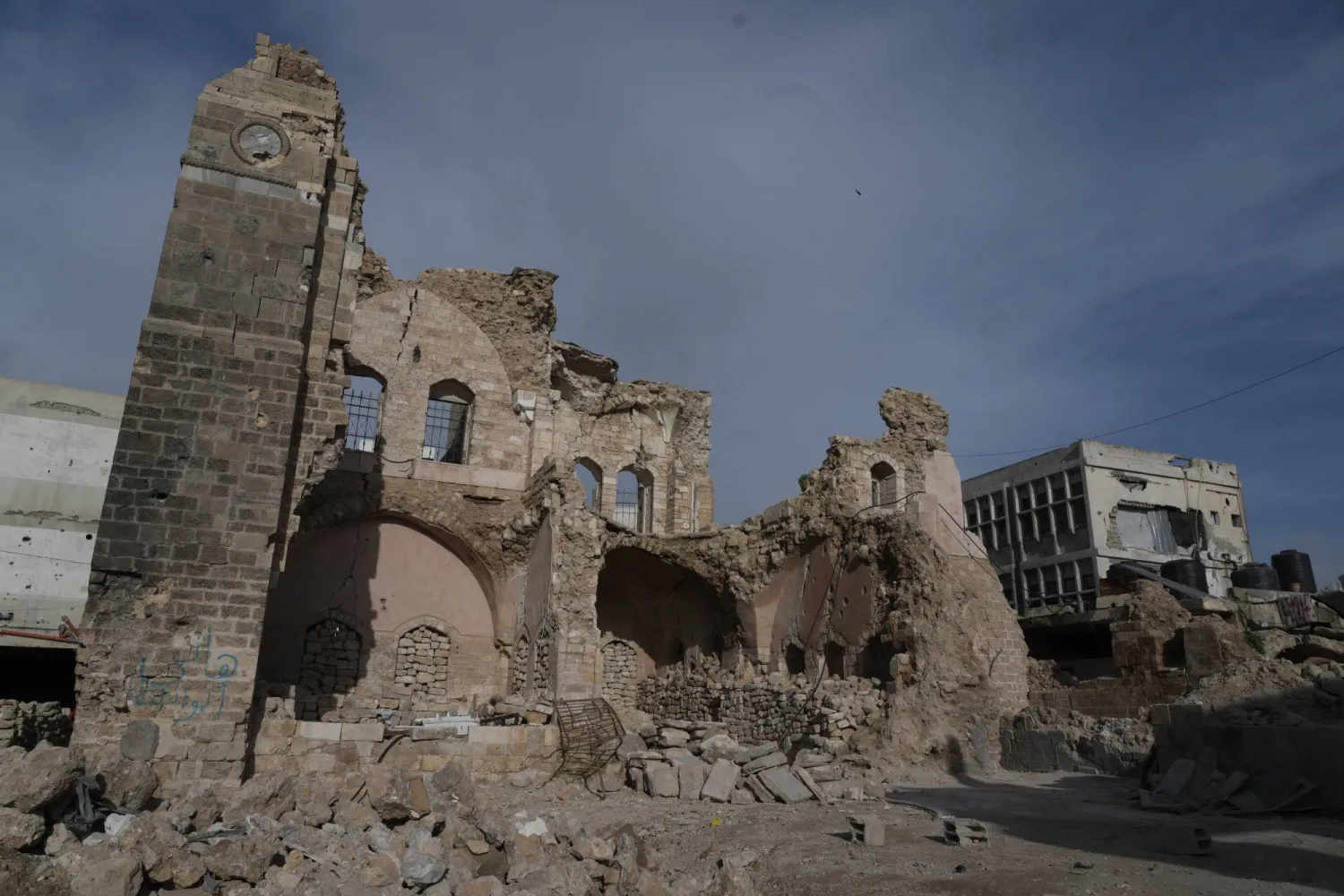Anti-migrant sentiment, economic woes and political pressures are leading some of the 3.3 millions Syrians living in Türkiye to plan a return to Syria or seek shelter in Europe, according to migrants interviewed by Reuters.
They are concerned that rhetoric against migrants may rear up in campaigning for March local elections, echoing efforts to tap into nationalist sentiments during May's general elections.
Many of those now living in Istanbul face a more immediate worry - authorities' Sept. 24 deadline for them to leave the city if they are registered in other Turkish provinces.
One 32-year-old Syrian said he is saving up to pay smugglers and plans to go to Belgium. Hardship caused by Türkiye’s rampant inflation and anti-migrant rhetoric motivated his decision.
"We are blamed and scapegoated for the worsening economy. Discrimination is rising. It is becoming impossible for us to live here," he told Reuters, declining to give his name for security reasons.
The 32-year-old is among those affected by Sunday's deadline because he was registered in southeastern Sanliurfa province.
According to rights groups, racist violence against Syrians is increasing and authorities have adopted a tougher policy on migrants not registered in Istanbul, stoking migrants' fears.
Another Syrian man, a 33-year-old teacher, said he could no longer afford to live in Türkiye after 10 years spent in Istanbul with his two children, with his expenses exceeding his income.
"I decided to return to Syria because of the bad financial situation in Türkiye. I know the situation is bad in Syria too but here it's worse for me," he said, declining to be named.
It was not possible to quantify the number of Syrians currently planning to leave for Europe or return to Syria.
Türkiye is home to 3.3 million Syrians with temporary protection permits, according to Turkish authorities. Istanbul has the highest Syrian population with more than 532,000.
While Syrians were assigned to provinces throughout Türkiye, many went to Istanbul due to more job opportunities. Authorities said it was unclear how many such people there were in the city.
Deadline to move
Adem Maarastawi, a 29-year-old Syrian activist working in Istanbul, is registered in central Türkiye’s Kirsehir province.
As Sept. 24 approaches, he fears being sent to Kirsehir.
"I struggled to build a life here. How can I rebuild my life from scratch in another city?" he said, adding that he looked for a job in more than 30 cities before settling in Istanbul.
Experts believe anti-migrant sentiment will dominate opposition campaigning for the March votes, as it did in the May elections, and worry this could lead to more physical and verbal violence against migrants including more social media hostility.
"Anti-migrant rhetoric is likely to rise before the March elections," said Deniz Sert, associate professor of international relations at Ozyegin University.
Local government expert Ali Mert Tascier said opposition parties are likely to use anti-migrant rhetoric, with municipalities being the main players in managing migrants.
During campaigning for the May elections, the main opposition CHP vowed to send Syrians back. It declined to comment on its migration perspective for the local votes.
President Recep Tayyip Erdogan has been fiercely critical of the opposition's stance, telling a conference this week that Türkiye’s hosting of refugees would continue unchanged.
However, ahead of the May elections, Erdogan played up his plans to repatriate a million Syrian refugees.
"We will continue to pursue our voluntary return policy. It is, however, inappropriate to use migrants for political gain," said Osman Nuri Kabaktepe, Istanbul head of Erdogan's AK Party.
But Maarastawi said he feared such campaigning would lead to a deterioration in the situation for migrants.
"I believe everything will just worsen for us as a result of more populist discourse during the local elections," he said.












